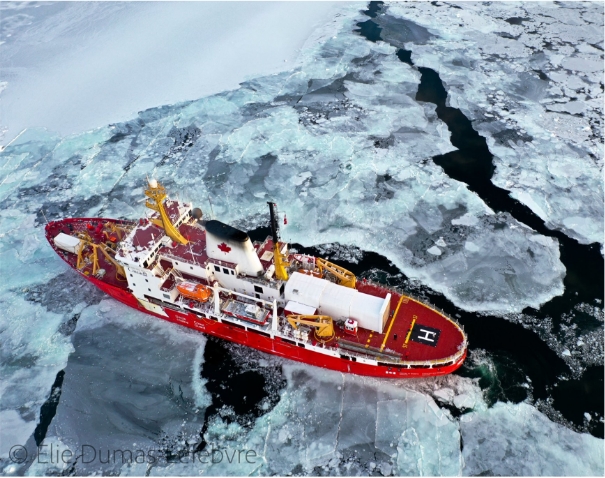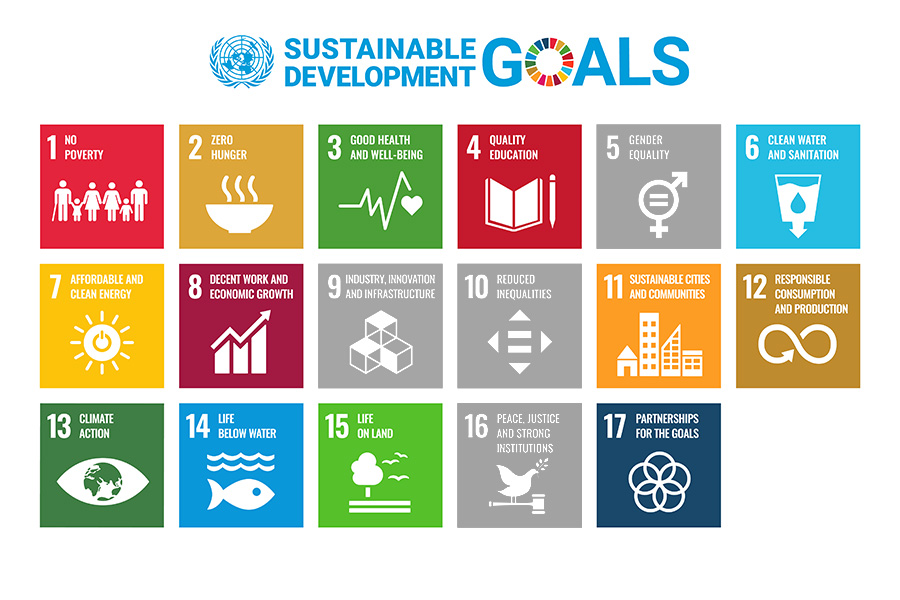Understand and take action in a changing North

Climate change, industrialization, and modernization are driving rapid and unprecedented transformations in the Arctic and sub-Arctic regions. In Canada’s Far North and northern Québec, these changes are affecting the lifestyle, health, well-being, and economy of the largely Indigenous local populations. These major disruptions in the North also have global impacts beyond our borders: the rapid thawing of the permafrost is releasing powerful gases that contribute to global warming; the melting of the Arctic ice pack is affecting the global climate, the productivity of the frozen seas, ocean circulation, and international shipping lanes; and glacial melt is causing rising sea levels in some of the most populated coastal areas on the planet.
To equip government decisionmakers in both North and South, we must keep studying the changing North and the impact of these changes on all levels. Developing projects that are designed and managed in close collaboration with northern communities and partners is the best way to address their priorities, which include public health, food security, access to drinking water, changes in lifestyle, education adapted to their needs, promotion of their cultures and languages, the economy, and the impact of climate change.
To address the current and future challenges facing the North, we must monitor the northern environment’s transformation in its entirety, from microbiomes to ecosystems, by encouraging national and international collaboration, sharing expertise, conducting transformative research, deploying new technologies, and training young researchers.

Links to the UN Sustainable Development Goals
- End poverty in all its forms everywhere(1)
- End hunger, achieve food security and improved nutrition and promote sustainable agriculture (2)
- Ensure healthy lives and promote well-being for all at all ages (3)
- Ensure inclusive and equitable quality education and promote lifelong learning opportunities for all (4)
- Ensure availability and sustainable management of water and sanitation for all (6)
- Ensure access to affordable, reliable, sustainable and modern energy for all(7)
- Promote sustained, inclusive and sustainable economic growth, full and productive employment and decent work for all (8)
- Reduce inequality within and among countries (10)
- Make cities and human settlements inclusive, safe, resilient and sustainable (11)
- Ensure sustainable consumption and production patterns (12)
- Take urgent action to combat climate change and its impacts (13)
- Conserve and sustainably use the oceans, sea and marine resources for sustainable development (14)
- Protect, restore and promote sustainable use of terrestrial ecosystems, sustainably manage forests, combat desertification, and halt and reverse land degradation and halt biodiversity loss (15)
- Strengthen the means of implementation and revitalize the Global Partnership for Sustainable Development (17)

Université Laval’s strengths
Discover the faculty members and research units that make Université Laval such a transformative and high-impact university.